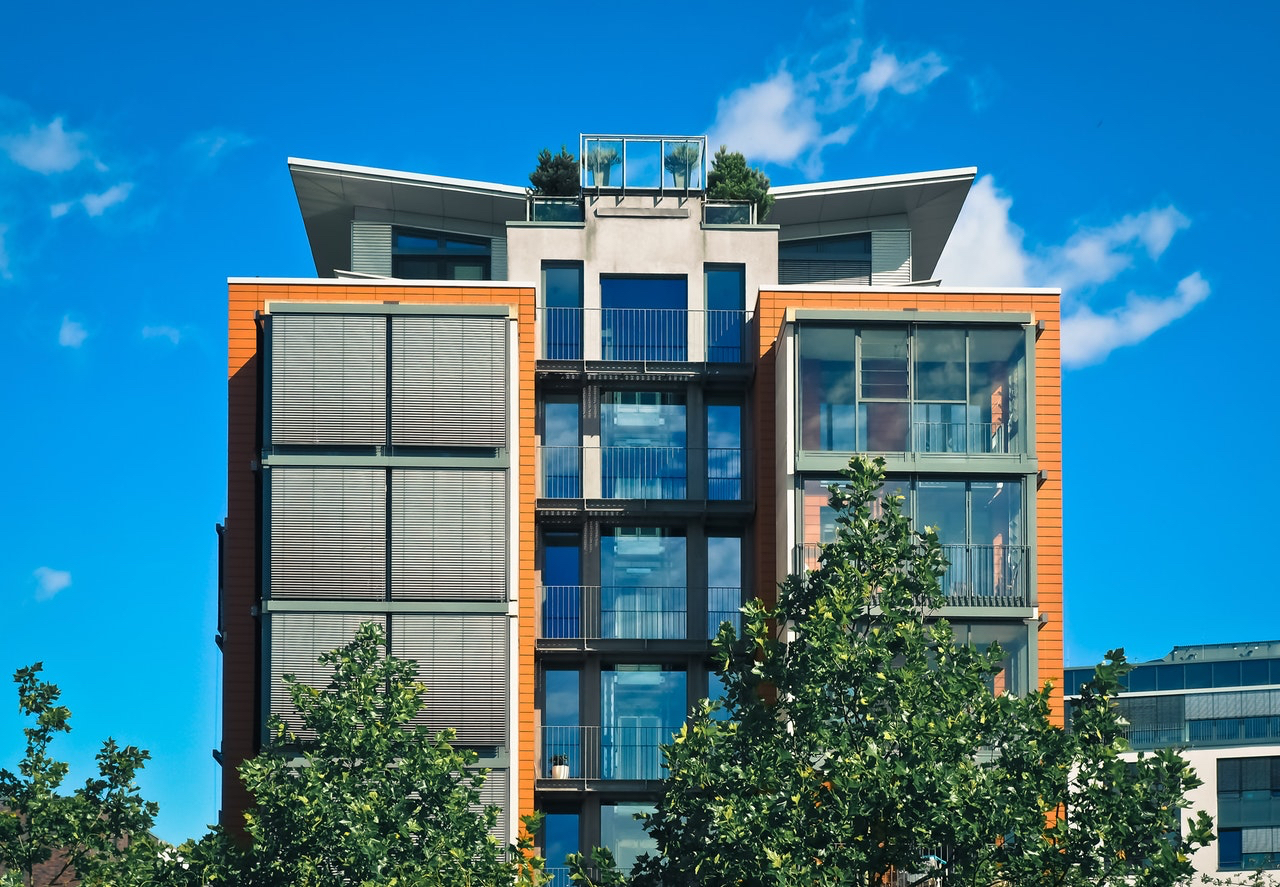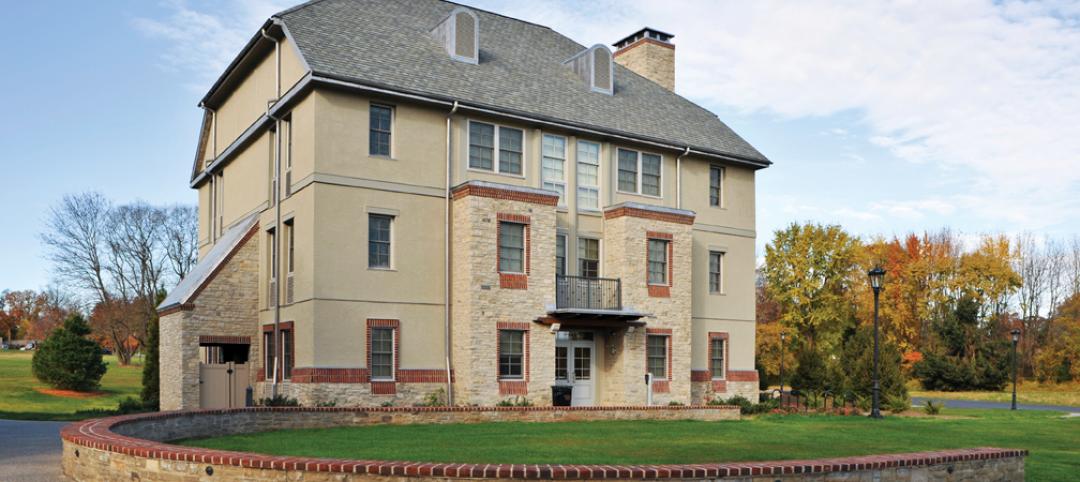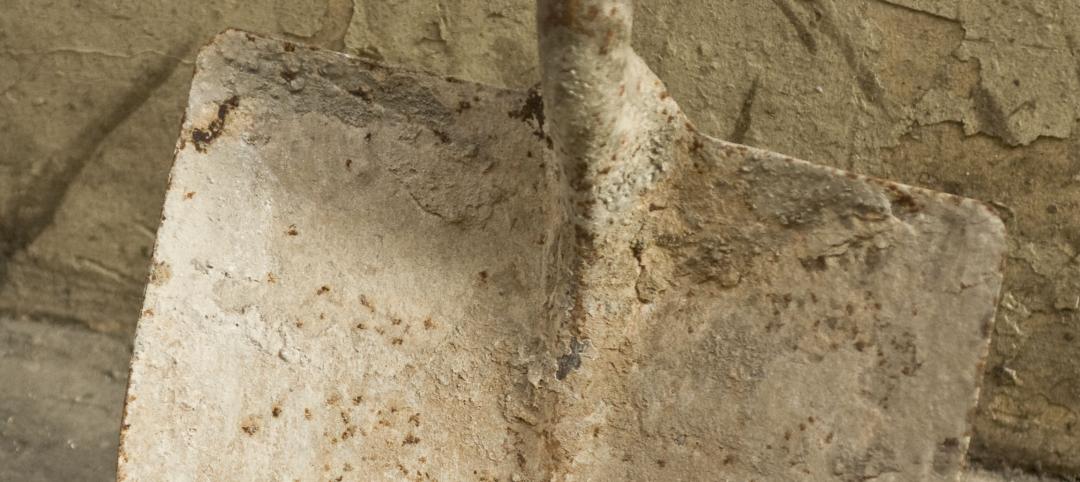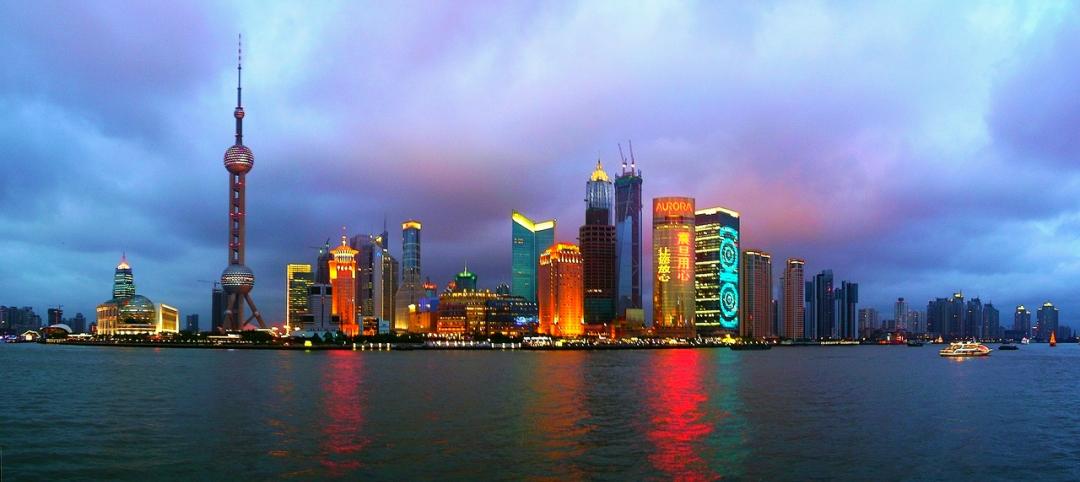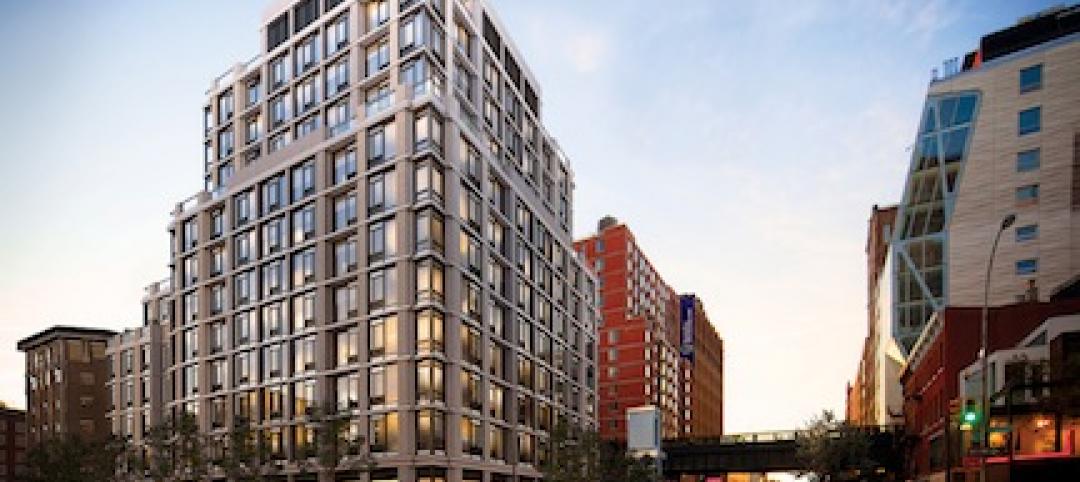Brace yourself. I’m about to unleash a tsunami of data to make the argument that the multifamily market is still going strong, despite all the sturm und drang about the coming global economic slowdown and its possible negative effect on apartment starts. Thanks to economist Danushka Nanayakkara-Skillington, the NAHB’s Assistant Vice President for Forecasting & Analysis, and Robert Dietz, PhD, NAHB Chief Economist, who presented the data at the 2019 NAHB International Builders’ Show.
Multifamily housing starts should hit 379,000 units this year. That’s 2% down from 2018’s 386,000, but well ahead (by 10%) of the average for multifamily starts from 2000 to 2007 and not that far off of the post-recession high of 394,000 in 2015.
Multifamily’s share of total housing under construction continues to run in the mid- to high-50% range. That’s probably because single-family construction has still not fully ramped up, although its slope is still up and to the right.
Rental production continues to dominate multifamily construction. The built-for-rent share of multifamily construction has held steady in the 90-95% range for the last five years. Somewhere in America there are brave souls who are building condominiums and for-sale townhomes, but apparently they are few and far between. Demand for rental at all price points continues to be the guiding force in the multifamily market.
According to the Joint Center for Housing Studies at Harvard University,
nearly half of all renters (47%) are “cost-burdened”: they pay more than 30%
of household income for their apartments. Of these 20.8 million cost-burdened
renters, 11.0 million pay more than half their family income for shelter.
Bigger projects provide the bulk of the units in completed multifamily buildings. Projects with 50 or more dwelling units supplied more than half (52%) of the 357,000 completed multifamily residences in 2017 (the last year for which U.S. Census Bureau data was available). Mid-size projects (10 to 49 units) accounted for 40% of completed dwelling units; projects with less than 10 residences yielded the remaining 7-8%. Scale matters.
Multifamily housing starts returned to 107% of normal in Q3/2018. Multifamily starts have returned to normal or above from the market bottom in 2009 in 27 states and the District of Columbia. Alabama is the only state that has not dug out of the trough since 2009.
The senior market may be slowing a bit, but it’s still positive. The NAHB 55+ Housing Market Index fell from a high of 68 in mid-2018, to 56 later in the year. Since any score over 50 indicates a positive attitude by builders and developers, it looks like the market influencers still see senior living facilities as a viable opportunity. My fellow baby boomers and I aren’t getting any younger.
To summarize, apartments are being built, and in goodly number. That’s the rosy side of the multifamily picture. The flip side is that not enough of it is affordable.
According to the Joint Center for Housing Studies at Harvard University, nearly half of all renters (47%) are “cost-burdened”: they pay more than 30% of household income for their apartments. Of these 20.8 million cost-burdened renters, 11.0 million pay more than half their family income for shelter.
Hardest hit: single-parent families and those over age 65.
Those are sobering statistics. What do you think can be done to address this problem?
Related Stories
| Jul 22, 2011
Five award-winning modular innovations
The Modular Building Institute's 2011 Awards of Distinction highlight fresh ideas in manufactured construction projects.
| May 16, 2011
Autodesk and the USGBC announce multifamily design competition
Autodesk is partnering with the U.S. Green Building Council to sponsor the organization’s multifamily midrise design competition, which will give design professionals and students an opportunity to present their solutions to sustainable, multifamily midrise design.
| May 3, 2011
Would apartment shells help the housing market?
One reason the U.S. government pushed for homeownership is because it’s thought to reduce turnover and build strong communities. Owners have a vested interest in their properties whereas renters don’t—but what if were to change?
| Apr 12, 2011
Luxury New York high rise adjacent to the High Line
Located adjacent to New York City’s High Line Park, 500 West 23rd Street will offer 111 luxury rental apartments when it opens later this year.


